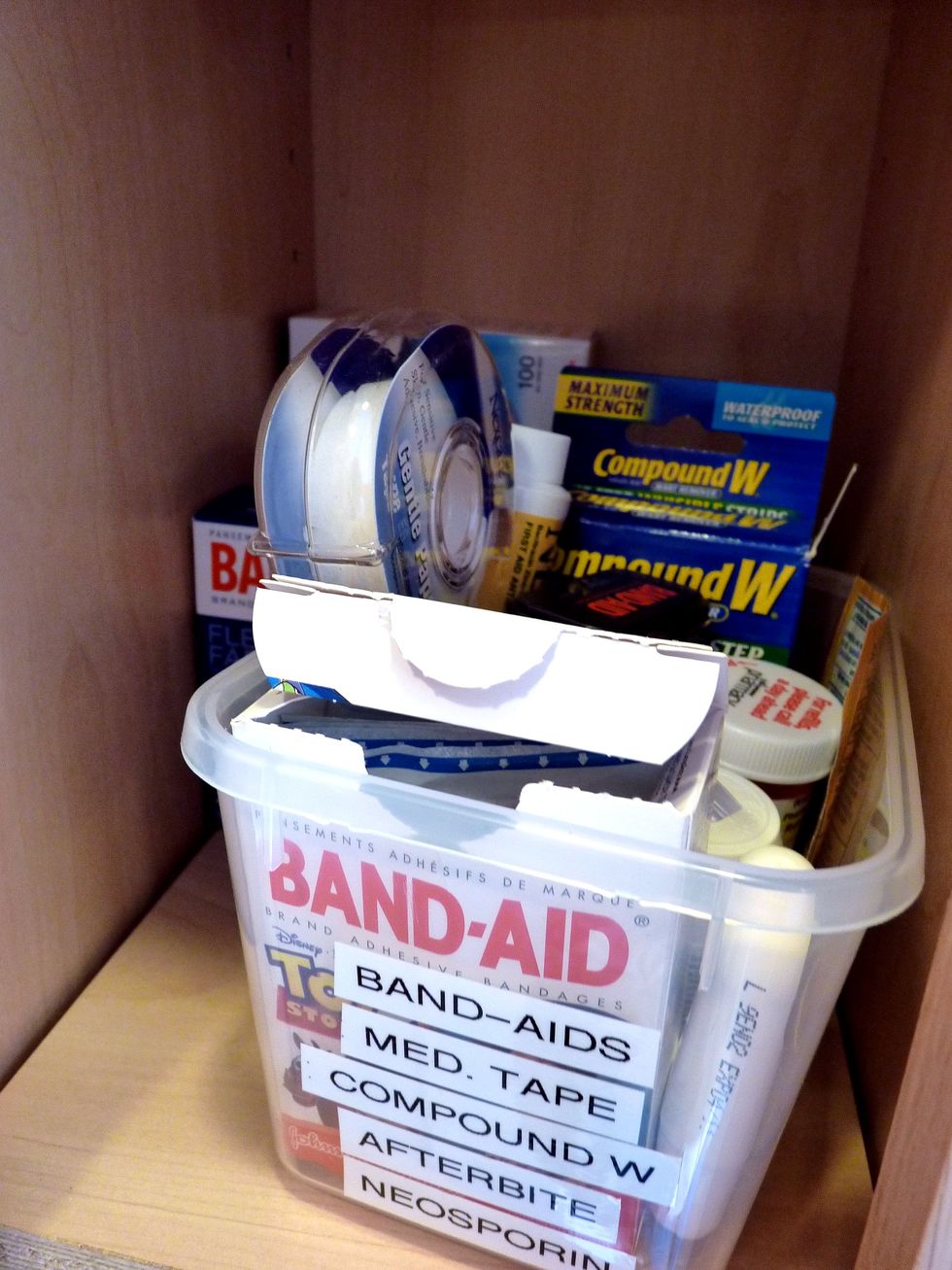A recent class discussion has got me thinking about the way pain is viewed in the U.S. Over the counter painkillers are a household necessity. Aches, bumps, cramps, headaches, and fever can all be cured with the pop of a pill. Pain is constantly dulled and subdued; the idea of being unhappy or uncomfortable is unfathomable. Personally, I can see the harm in being numb to one’s body; pain is what tells us that there is something wrong and feeling mild pain is helpful for understanding the issues at hand. Staying in tune with the natural ups and downs of one’s body is healthy.
Unfortunately, I feel a pressure to cut out the time that pain and unhappiness consumes. In the fast pace environment of college, there is no time allotted to suffering; missing a day or a week of classes would exponentially hurt me academically. There is a constant chase for pleasure and affirmation that I am on the right track and heading towards my goals. My brain races thinking about what I must achieve to be happy, to be successful, and to feel accomplished. As a young adult, I consider the future: my upcoming exams, my classes, my love life, finding a career that excites me, falling in love, traveling, having a family, etc. Thinking that I may not get a degree or may not fulfill my potential is horrifying. As a whole, society pushes away the reality of failure and pain. Emotional pain is a distraction to what I could be getting done; physical pain is a waste of time. But, why do I feel this way? Why do I feel a crippling weight to achieve all of my goals and speed down my one-way-track?
Although I see the difference between detrimental, extreme, or chronic pain, I do not understand why suffering is not a more widely accepted concept. Suffering is real, tangible, and present in everyday life; yet, it is consistently pushed away and ignored. The fact that people get sick, people die, and people do not live their lives in the way they imagined is an actuality that I cannot begin to contemplate.
In some way I believe that the pursuit for an absence of pain is due to the individuality instilled in Western culture. Every person thinks their life is important and unique. No one thinks that the terrible things they hear of on the news could actually happen to them. Pain and death is romanticized in a way that even thinking about them is too disheartening to manage. In many other societies pain is an emotion that is felt with little reaction or upset because it is normalized. Without resources such as pain killers or opioids, people in other areas of the world do not dread pain and suffering like those in the U.S.
Overall, I am unsure what the best way to react to my natural and normal feelings of sadness, pain, and suffering. I try to recognize and listen to what my body is telling me. Slowing down to take a moment and acknowledge that pleasure and the chase for a happier tomorrow may be exactly what I need to feel better.





 The minimum wage is not a living wage.
StableDiffusion
The minimum wage is not a living wage.
StableDiffusion
 influential nations
StableDiffusion
influential nations
StableDiffusion













